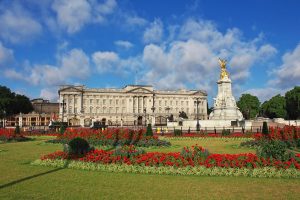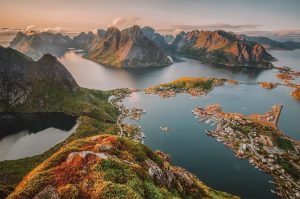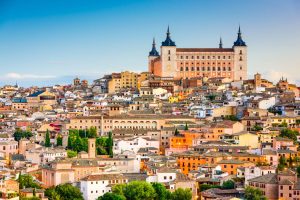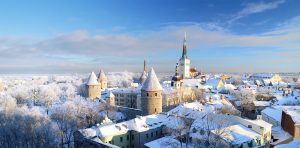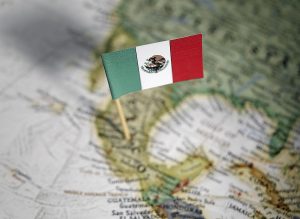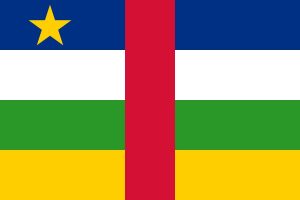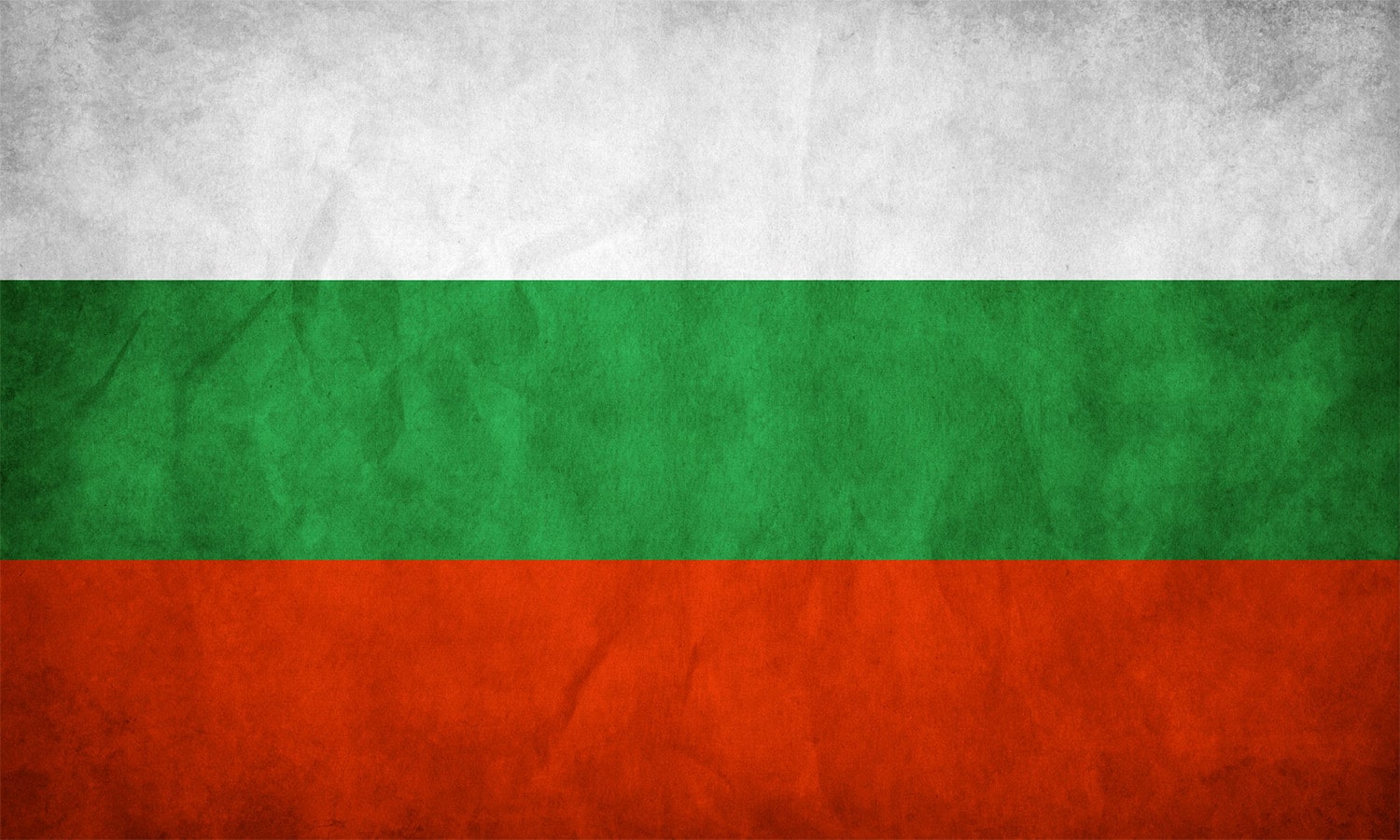
35 interesting facts about Bulgaria
- 👁️ 10914
Bulgaria, a picturesque country located in Southeast Europe, is often celebrated for its rich history, diverse landscapes, and cultural heritage. From its rugged mountains and golden beaches to its ancient cities and vibrant traditions, Bulgaria offers a unique blend of natural beauty and historical wealth. It is a nation that has transitioned through various epochs, from ancient civilizations to its current position within the European Union, all the while maintaining its distinct cultural identity. Here are 35 interesting facts about Bulgaria that encapsulate its historical significance, natural beauty, and cultural contributions.
- Bulgaria is the oldest country in Europe that hasn’t changed its name since it was first established in 681 AD.
- The Bulgarian Army is the only force in the world that has never lost a single flag in battle.
- The Cyrillic alphabet, now used in many countries around the world, was developed in the First Bulgarian Empire during the 9th century.
- Bulgaria ranks third in Europe in biodiversity, with a number of rare and endemic species.
- It has the second-largest biodiversity of mammals in Europe.
- Bulgaria is one of the largest producers of rose oil in the world, vital for perfume making.
- The country’s geographic position places it at the crossroads between Europe and Asia, influencing its diverse culture and history.
- Bulgaria’s Rila Monastery is a UNESCO World Heritage site and an iconic symbol of the Bulgarian Orthodox Church.
- The oldest gold treasure in the world, dating back over 6,000 years, was discovered in Varna Necropolis.
- Bulgaria has a total of 10 UNESCO World Heritage Sites.
- It is home to the second oldest occupied town in Europe, Plovdiv, which was founded around 6,000 BC.
- Bulgarian yogurt, known for containing the unique Lactobacillus bulgaricus bacteria, is considered among the best in the world.
- The Bulgarian army was the only Axis power in World War II that saved its entire Jewish population from the Nazis.
- Bulgaria is one of the biggest global producers and exporters of lavender.
- The country’s population has one of the highest percentages of natural increase in decline worldwide.
- Bulgarian folk dances are a significant part of the cultural heritage, with more than 5,000 traditional dances.
- The Rose Valley, located near Kazanlak, hosts the annual Rose Festival, celebrating the rose-picking season.
- Bulgaria introduced the world to the electronic digital computer in 1937 with John Atanasoff, a Bulgarian-American.
- Bansko in Bulgaria has become one of Europe’s most popular ski resorts.
- The Kapka Kassabova book “Border: A Journey to the Edge of Europe” explores the unique regions and history of Bulgaria’s borderlands.
- Bulgarian wines are gaining international recognition, with the country’s climate being particularly suited for viticulture.
- The country’s traditional music is recognized by its distinctive folk rhythms and harmonies.
- Bulgaria has one of the oldest Slavic populations in Europe, with Slavs settling in the region during the 6th century.
- The country is one of the largest net exporters of agricultural products in the European Union.
- The Belogradchik Rocks are a group of bizarrely shaped sandstone and conglomerate rock formations that are a major tourist attraction.
- Bulgaria’s population is among the oldest in the world with a median age of 43 years.
- The town of Melnik is renowned for its unique architecture and wine production.
- Bulgarian inventor John Vincent Atanasoff, along with his assistant Clifford Berry, created the first electronic digital computer.
- The Sofia Mathematics High School has produced many world-class mathematicians.
- Bulgarian’s traditional cuisine offers a variety of dishes influenced by Middle Eastern and Mediterranean flavors.
- Bulgaria’s traditional costume varies greatly across its regions, reflecting local customs and historical influences.
- The St. Alexander Nevsky Cathedral in Sofia is one of the largest Eastern Orthodox cathedrals in the world.
- The Bulgarian National Radio keeps alive one of the largest collections of folk music in Europe.
- The country experiences a temperate-continental climate, which allows for a variety of agricultural products to thrive.
- The Pirin National Park, a UNESCO World Heritage site, offers some of the finest alpine scenery in Europe.
Bulgaria’s rich mosaic of history, culture, and natural landscapes makes it a fascinating country. From ancient gold treasures and spiritual traditions to its contributions to global culture and technology, Bulgaria presents a unique profile of achievements and natural beauty. These facts not only highlight the country’s diverse attributes but also underscore its role in the broader tapestry of world heritage and innovation.
